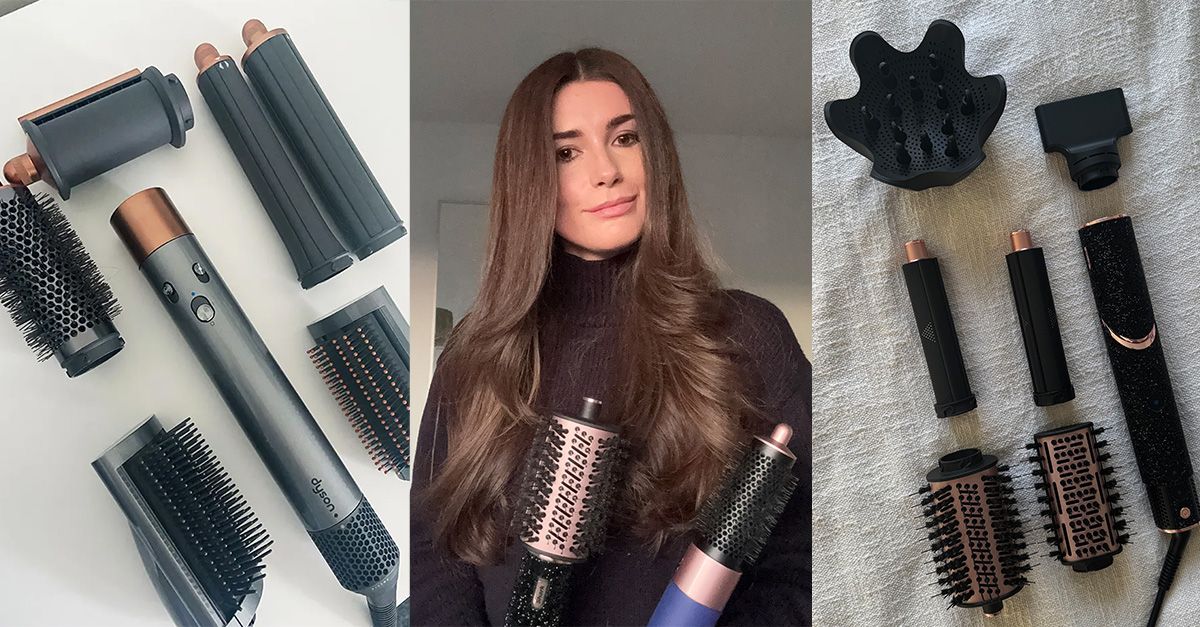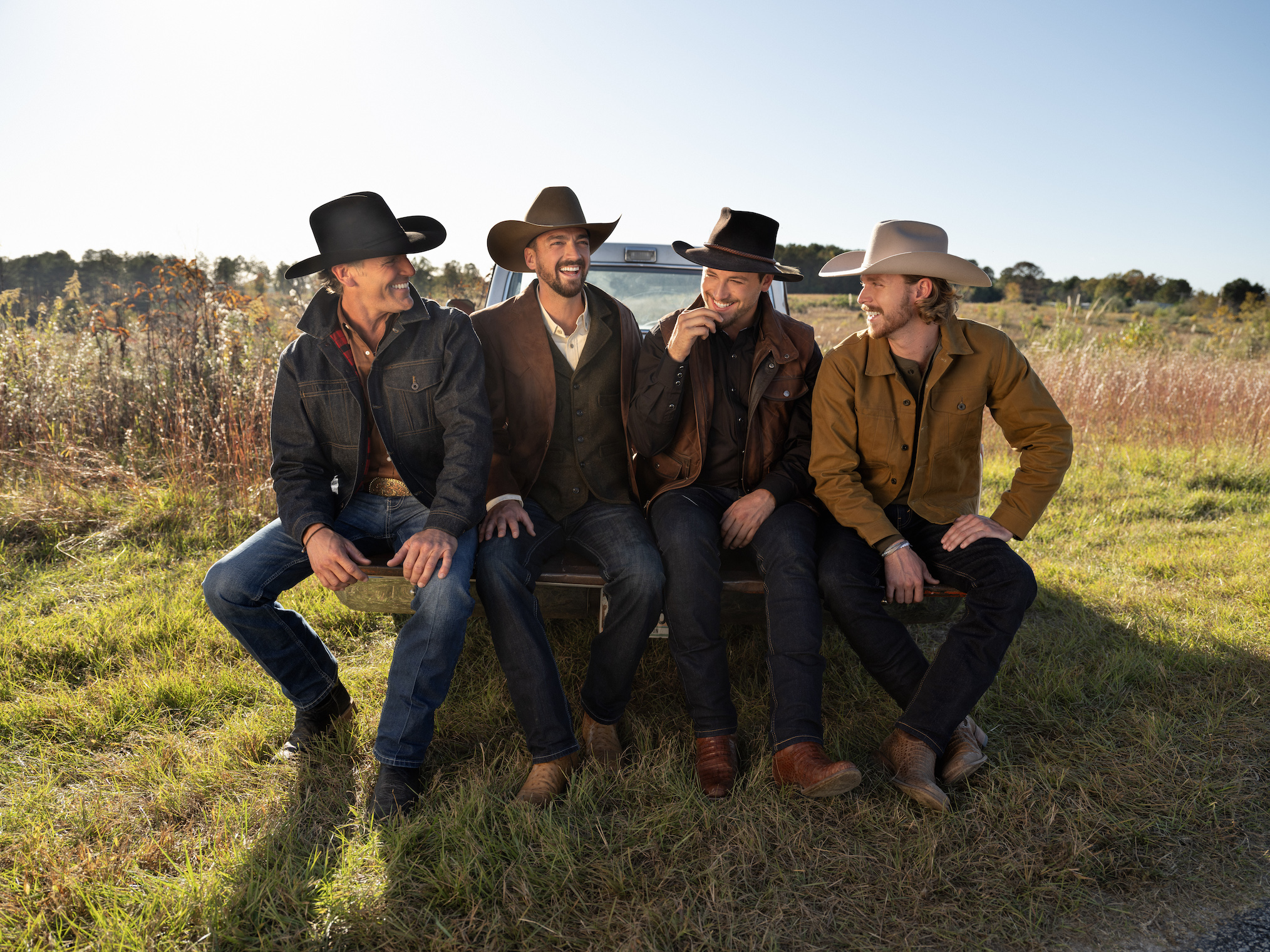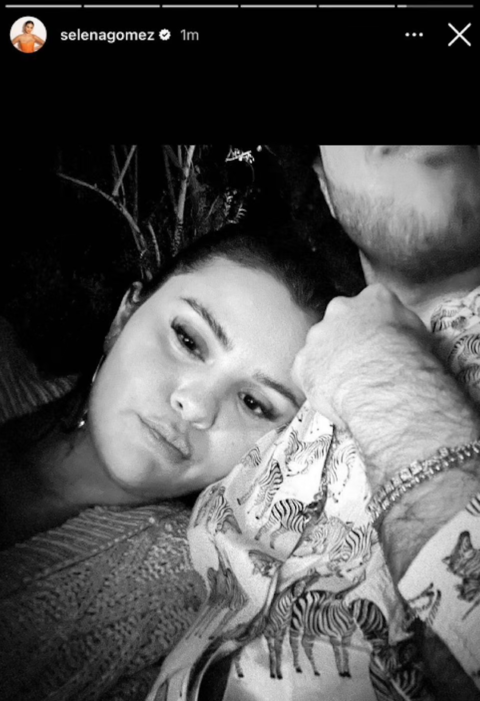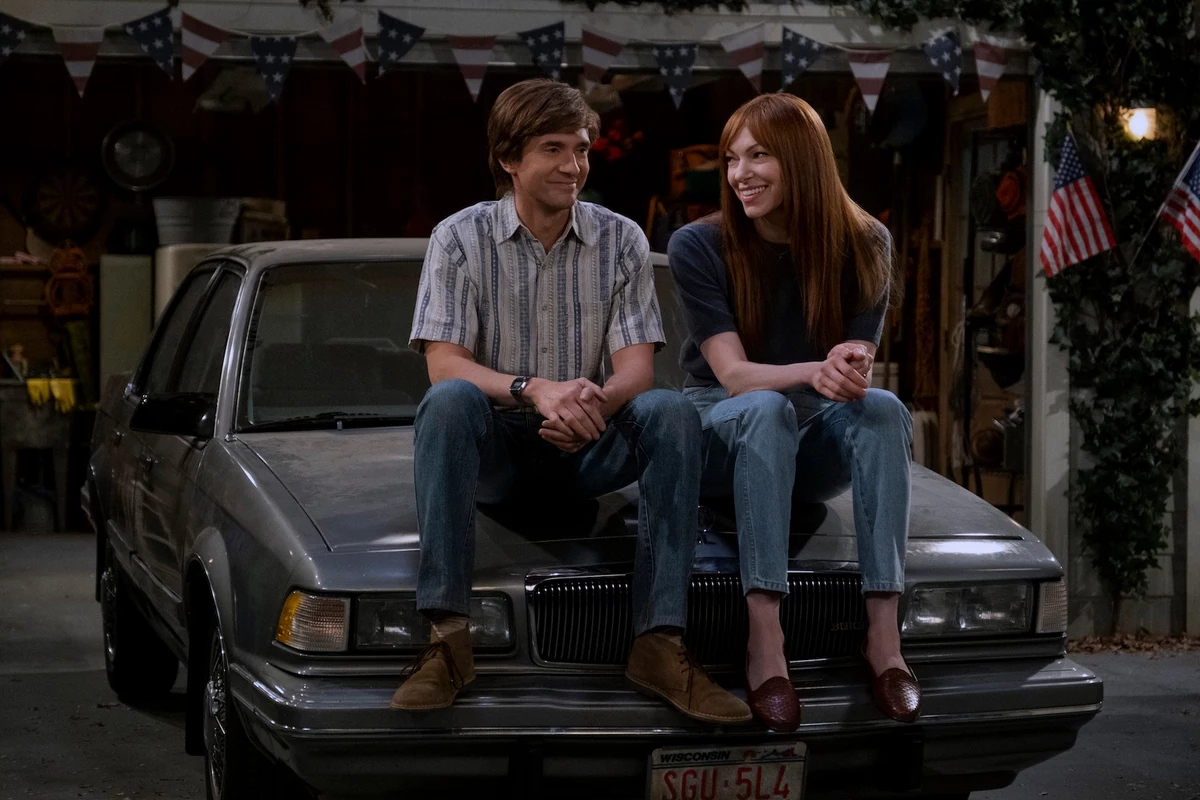ComingSoon spoke with composer Vince Pope about his score for True Detective: Night Country. The series stars Jodie Foster, Kali Reis, Fiona Shaw, and Finn Bennett. The fourth season of the acclaimed series made its debut on HBO on January 14.
ComingSoon: How did you approach creating the score for True Detective: Night Country, considering the unique tone and atmosphere of the series?
Vince Pope: I like to think very much about the story and the place in which the story is told. The story takes place in Ennis, a town where the sun doesn’t rise for much of the winter. It’s cold and it’s dark. So I am thinking about the sounds of that and the landscapes — vast and desolate. So the score is placed within this setting, and it was very much informed by the setting. Along with this, there is a spiritual element to this place – a sense and feeling that haunts the town – but that is not necessarily malevolent.
Were there specific inspirations or references that influenced the musical direction of the score for this particular season of True Detective?
I talked at length with Issa Lopez, the show’s creator, about references and ideas for the score. She has a brilliant mind when it comes to interpreting her vision into ideas for the score. We talked about the cold, the ice, and how that could be represented. Also the darkness and foreboding that stalks the show.
True Detective is known for its distinct musical identity. How did you work to maintain the series’ signature sound while also bringing something new to Night Country?
I don’t tend to think too much about what has gone before because that can then be a drag on my creativity, but I do think the fact that each season is a standalone meant that I could be quite free in exploring ideas.
Can you elaborate on the collaboration process with the show’s creators and directors to ensure the music complements and enhances the storytelling?
This process started really early on, and I was lucky to have worked with Issa previously – so we had a good creative understanding. So even when they were still filming in Iceland, they would send me through assemblies, and I could look at these and try ideas, and it was started from there.
Were there any challenges or specific scenes that posed particular complexities in terms of scoring, and how did you navigate those challenges?
Well, there were lots, but I do like a challenge, often at the end of an episode where the story is constructing that cliffhanger moment for the next episode. Those moments need to be dramatic and also work with what’s gone before. That can often be a challenge. The last cue of the final episode, where literally everything comes together, was challenging and fun, and hopefully, you’ll love it. I was pretty proud of that one in the end.
True Detective often features music that becomes integral to the show’s narrative. How do you approach scoring to evoke emotions and enhance the viewer’s experience?
Score can work on many levels. It can work to underpin or emphasize. To play against the visual action. It can challenge a viewer’s expectations. But ultimately, my approach is always the same, which is to say I want what’s best for the moment of storytelling. I know that some productions work by having the composer provide a bank of cue music, and then that is slotted into place. I tend to work more intimately with the scenes. I find that can give you more. I guess that’s more akin to scoring a film.
In what ways did you experiment with different musical elements or instruments to capture the essence of Night Country and its characters?
Well, I explored a lot with sound or timbre. Some ideas didn’t make it to the final show – one idea that I thought could be evocative for the soundscapes was bowed electric guitar, but in the end, that felt a little cliched, and Issa wasn’t keen. What did make it was a very unusual and rare woodwind instrument called a Fujara. This underpinned a lot of the atmospheres that I created to underpin the landscapes and drones.
Can you discuss the role of pacing and rhythm in creating a musical backdrop for the suspense and drama that True Detective is known for?
I can in the sense that that is probably quite intuitive. I mean, it’s evident if something is “too much” for the pictures. Also, it’s important for the score to gradually unfold in the same way the story does. You don’t play a big pace cue early in an episode unless something specifically requires that. It’s a very important part of how the score should unfold.
As a composer, how do you balance creating a cohesive musical identity for a season while also allowing room for the score to evolve based on the characters’ journeys?
This could be a question of which came first. I mean, the setting is the most important factor then that comes first – but it may be that the setting is not that important, in which case the focus might be mainly on the characters. Obviously, in Night Country, the setting was really another character in the piece, so that played a super big part in the overall feel of the score.















































































